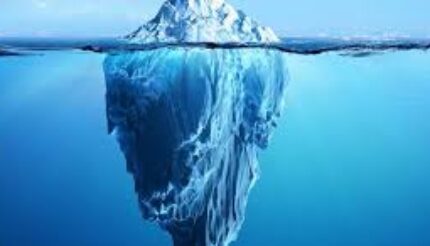While character and attitude are crucial, it’s also important to assess for complementary skills and abilities. Look for candidates who bring diverse perspectives, experiences, and skill sets that complement the existing team members. A well-rounded team with a mix of skills and expertise can tackle a wider range of challenges.
Tip #1 – Identify key skill gaps: Determine the specific skills and expertise that are currently lacking within your team. Assess the needs of your projects, objectives, and long-term goals to identify areas where additional skills would enhance the team’s overall capabilities.
READ THE FULL GUIDE HERE
Tip #2 – Create a comprehensive job description: Develop a detailed job description that clearly outlines the required skills and qualifications for the role. Be specific about the complementary skills you are seeking, while also considering the broader team dynamics and existing skill sets.
Tip #3 – Use diverse assessment methods: Employ a variety of assessment methods to evaluate candidates. In addition to interviews, consider practical assessments, case studies, simulations, or skills-based tests. These methods provide a more comprehensive understanding of candidates’ abilities and how well they complement the existing team.
LEARN MORETip #4 – Emphasise teamwork and collaboration: During the assessment process, pay attention to candidates’ ability to work collaboratively and adapt within a team environment. Assess their communication, willingness to share knowledge, and ability to contribute effectively to group projects. Look for individuals who can seamlessly integrate into the team and complement existing strengths.
Tip #5 – Consider cultural fit: While assessing for complementary skills, also evaluate candidates’ cultural fit within the team and organisation. Look for individuals who not only bring the necessary skills but also align with the team’s values, work style, and collaborative spirit. Assess their ability to adapt to the team’s dynamics and contribute positively to the overall culture.
In conclusion, attracting and recruiting a great team involves assessing for complementary skills that enhance the overall capabilities of your team. While character and attitude are important, evaluating candidates’ skills, experiences, and expertise is crucial to building a well-rounded team. Identify key skill gaps, create comprehensive job descriptions, and use diverse assessment methods to evaluate candidates’ abilities. Emphasise teamwork and collaboration during the assessment process, looking for individuals who can seamlessly integrate into the team and contribute effectively. Additionally, consider cultural fit to ensure candidates align with the team’s values and work style. By assessing for complementary skills, you can assemble a team with diverse perspectives and expertise, ready to tackle a wide range of challenges and drive success.





